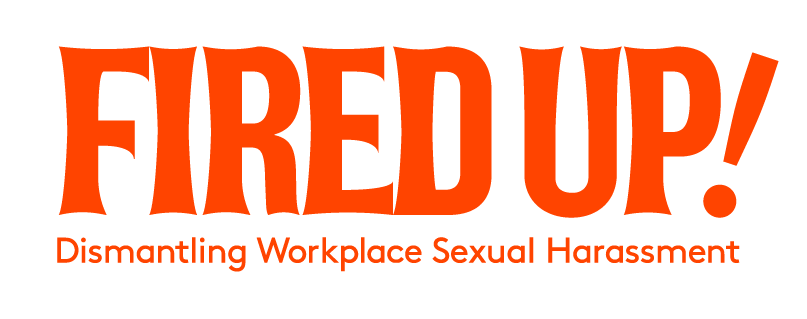Here’s What You Need To Know About The National Women’s Safety Summit
Why Is The Summit Being Held?
When & Where Is It?
Who Can Attend The Summit?
What Happens After The Summit
How Have Women Responded?
But without any extra funding for support services?! This is incredibly irresponsible. You cannot ask people to share their trauma without also providing additional resources for support. https://t.co/lZ4nKJNvhz
— Sharna Bremner (@sharnatweets) April 7, 2021
Hi @Anne_Ruston and @ScottMorrisonMP, respectfully, we don't need another survey on domestic violence. We already know the stats. Can you please just act instead?? Fund GBV service providers to an adequate level for starters - they urgently need $150m. #EnoughIsEnough
— Kate Walton (@waltonkate) April 7, 2021
Govt: OH and because this is so urgent we are going to host a national women's safety summit to discuss the issue 😁😁
— Justine Landis-Hanley (@justinel_h) April 7, 2021
Women: okay great. When!?
Govt: end of JULY! pic.twitter.com/m6wcBBAvVZ
A women’s safety summit at the end of JULY. That seems urgent. 🤷♀️🤷♀️😡#auspol
— Cheryl Kernot (@cheryl_kernot) April 7, 2021
A National Women's Safety Summit must have the voices and experience of Aboriginal women front and centre.
— TWFSG (@TWFSG1) April 12, 2021
We have our own voice and our own solutions.
#StandWithUshttps://t.co/CHEYRq30qw







